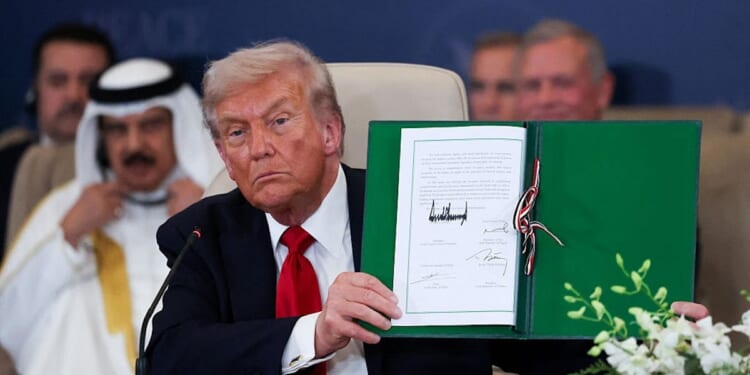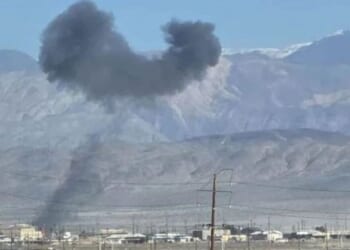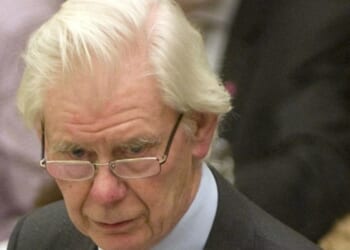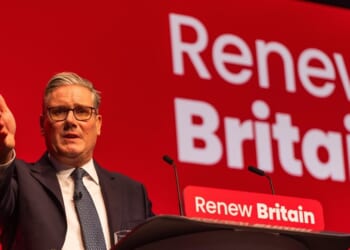The next stages of a fragile peace plan are coming together, though many questions remain, after President Donald Trump’s historic trip to the Middle East.
Trump closed his whirlwind tour of the Middle East with a speech attended by dozens of world leaders in Sharm El-Sheikh, Egypt. After the initial phase of his plan for peace in Gaza secured the release of the last 20 living hostages from Hamas, Trump in his Egypt speech declared that “now the rebuilding begins.”
The president stated throughout his trip that the “war is over,” but many details remain unsettled while a tenuous ceasefire holds between Israel and Hamas. The region must solve pressing questions before anything resembling Palestinian self-determination can be hoped for.
Under the Trump peace plan, the Gaza enclave is to be administered by a mix of Palestinian and international technocrats led by former British Prime Minister Tony Blair. Their work would be overseen by a board chaired by Trump.
But the Palestinians who join the administration of Gaza must be committed to peace, and Hamas can have no part in it, which the terror group has not committed to. Neither has Hamas committed to completely disarming. On the contrary, the terror group has reportedly started conducting public executions since the Israel Defense Forces pulled back from Gaza’s interior.
Get 40% off new DailyWire+ annual memberships with code FALL40 at checkout
Regardless of Hamas’ actions, the prerequisite for Israel to sanction Palestinian self-determination has been firm: Gaza can no longer represent any meaningful threat to the Jewish state or its citizens.
Trump championed the efforts to rebuild Gaza that have already begun, starting with aid flowing into the area.
“Humanitarian aid is now pouring in, including hundreds of truckloads of food, medical equipment, and other supplies – much of it paid for by people in this room,” Trump said in Sharm El-Sheikh.
The aid is needed and necessary to begin alleviating the worst conditions in Gaza, but the project of rebuilding the strip will likely take decades of work and investment. For much of that support, the president has turned to Arab and Muslim leaders in the region.
“Numerous countries of great wealth and power and dignity have come forward to me just today and over the last week to say they want to help in the reconstruction of Gaza, putting up whatever money is necessary,” the president said. “Of course, it’s a lot of money, but it’s not much compared to the value of the wealth of these tremendous countries, and they are ensuring stability and success in the Middle East.”
Security in Gaza will likely be led by an international force mostly supplied from Arab and Muslim countries. Indonesia has committed to sending 20,000 troops to Gaza to act as a security force. Egyptian Foreign Minister Badr Abdelatty said that Cairo was ready to commit forces as well, as long as the mission for such a force was made clear by the UN Security Council.
“We are in the process now, as we speak, [of] providing training and coordination with Jordan to train up to 5,000 Palestinians to be deployed in Gaza,” Abdelatty said on CBS News’ “Face The Nation” on Sunday. “Deployment of international forces is on the table.”

















